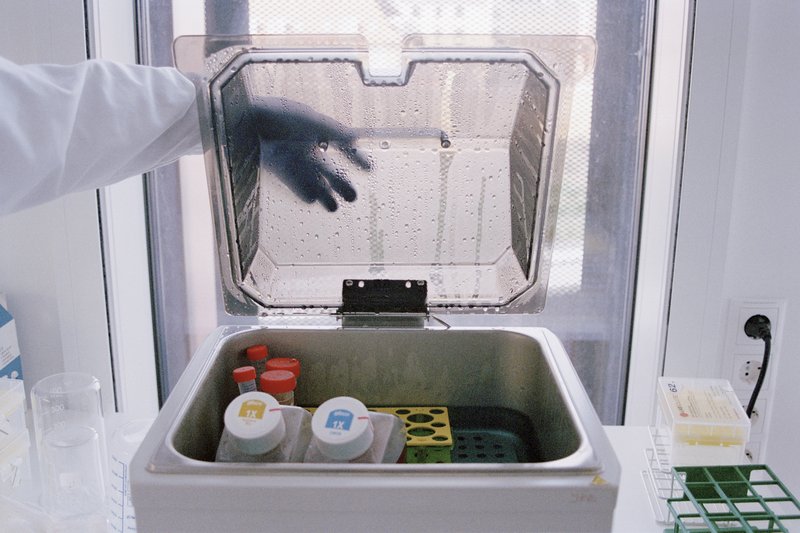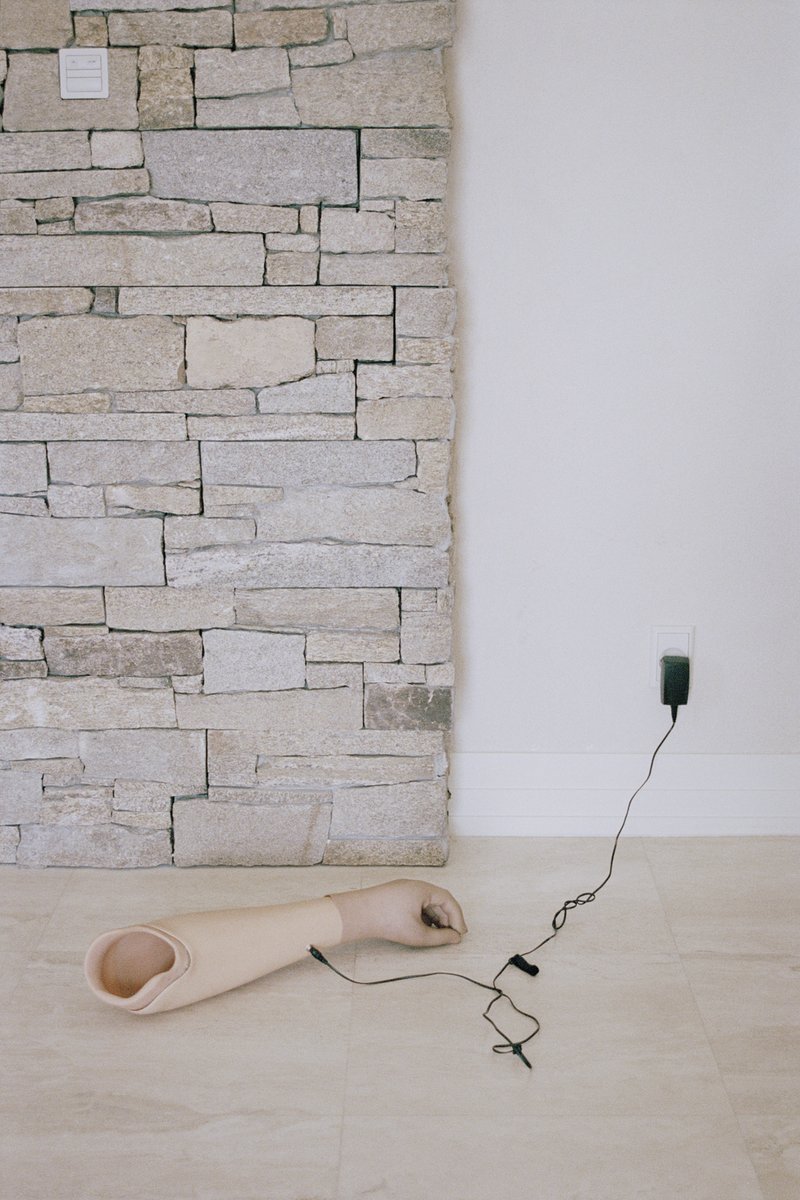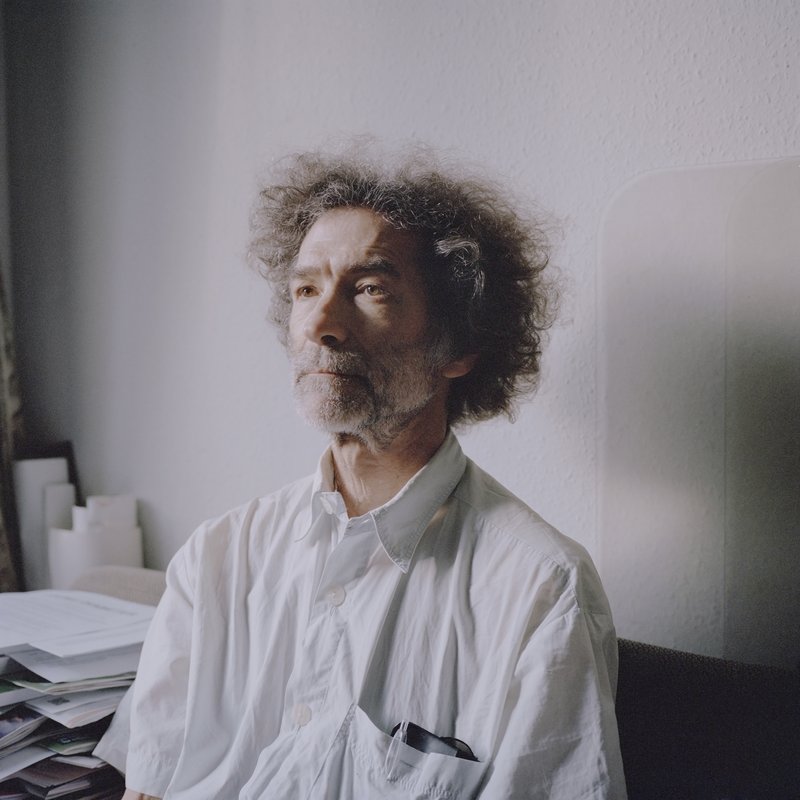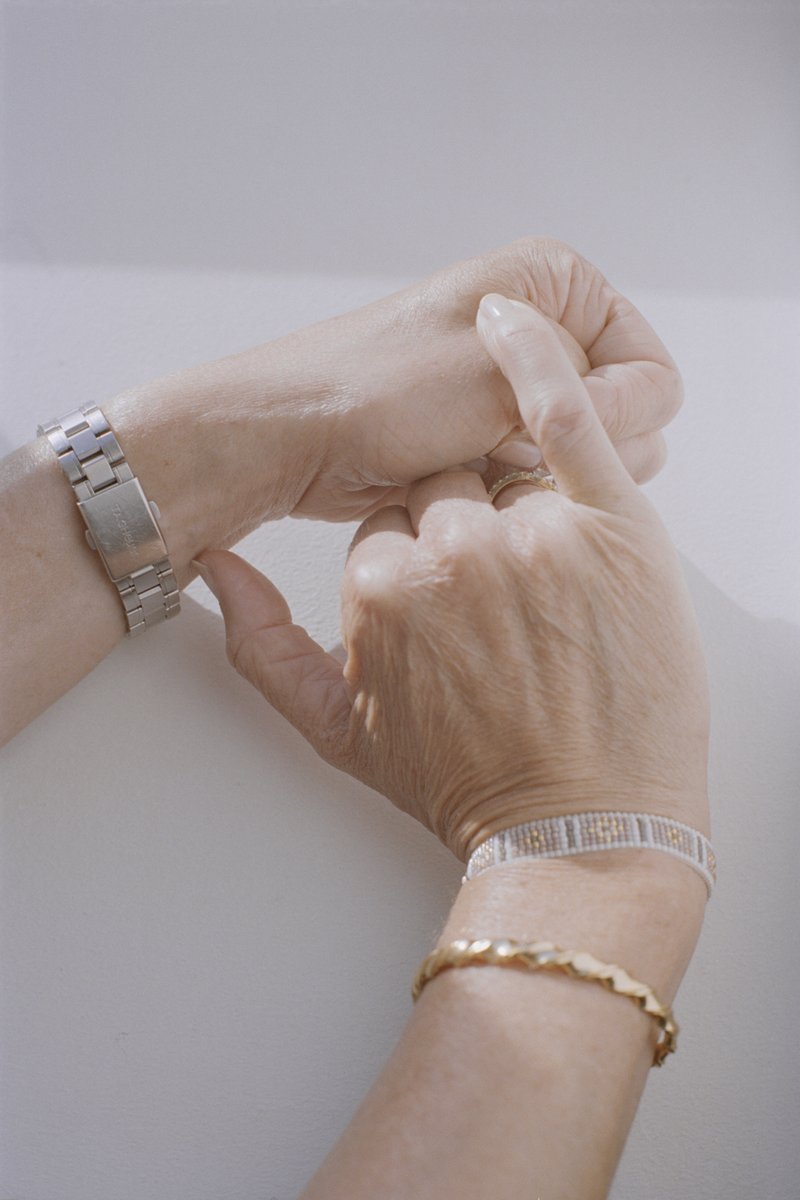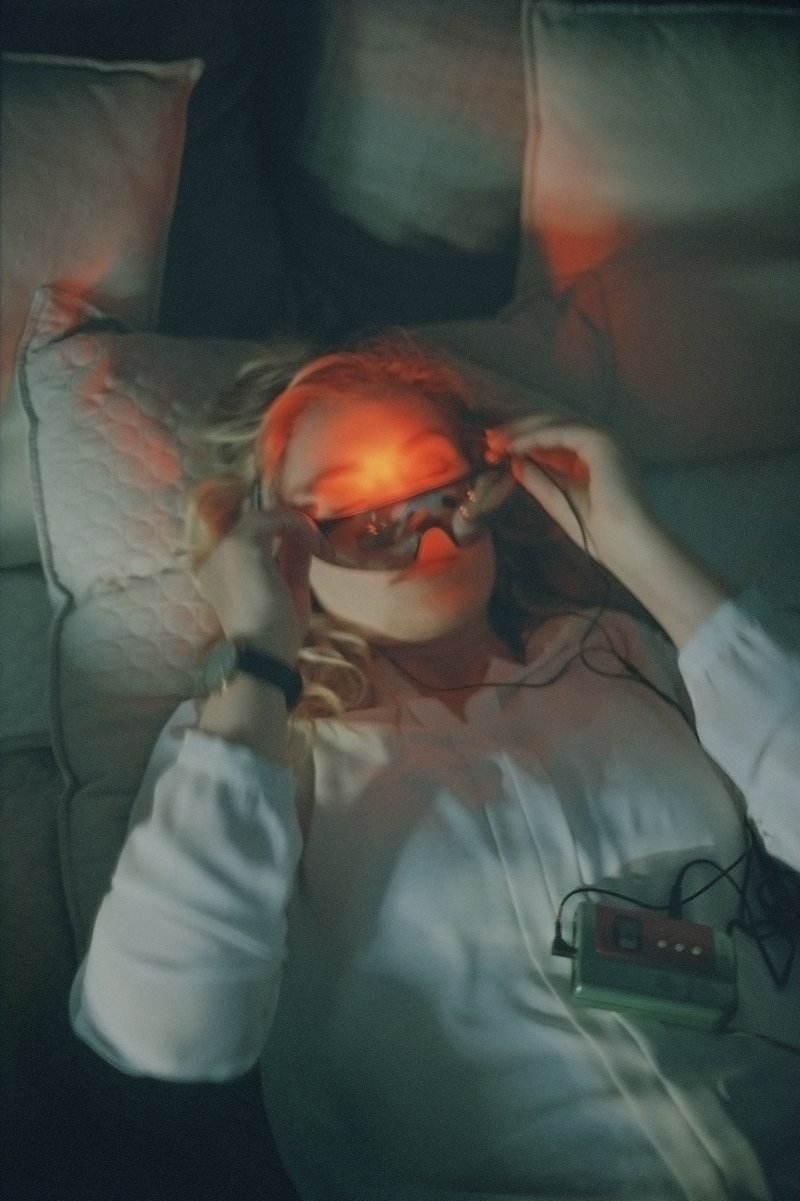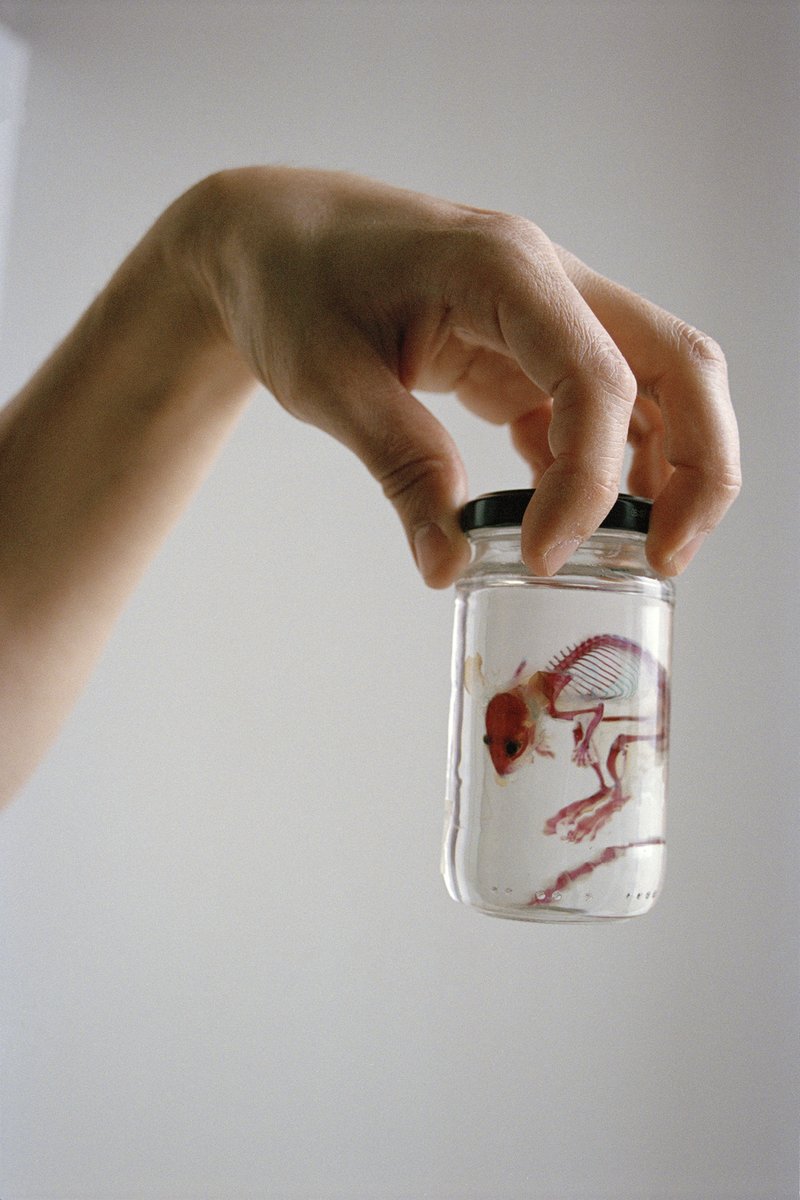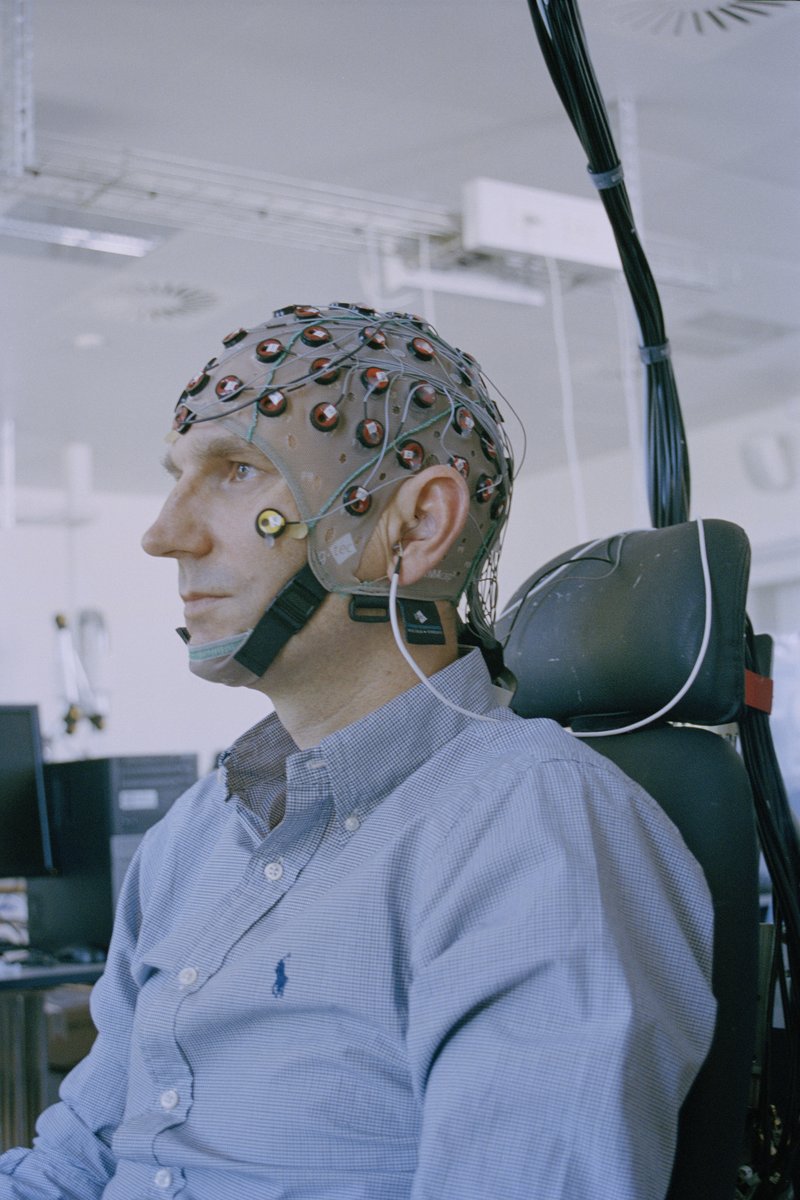CPOY 73 Documentary Award of Excellence: Humans of the Future
New technologies such as bio- and nanotechnology, robotics but also less invasive tendencies such as biohacking and Virtual Reality has the ability to change what it means to be human shaped by nature and evolution. Are we creating a new human species: Homo Sapiens 2.0? Philosophers and specialists think so, and genome editing, nano drones and brain-computer interfaces has the ability to change mankind as we know it. The 2018 data scandal shows how new technologies can be used unethically but also just how little people and politicians know about these very complicated new technologies. Humans of The Future is a photojournalistic piece about new technologies and the way they will affect humans and allow us to be better versions of ourselves.




